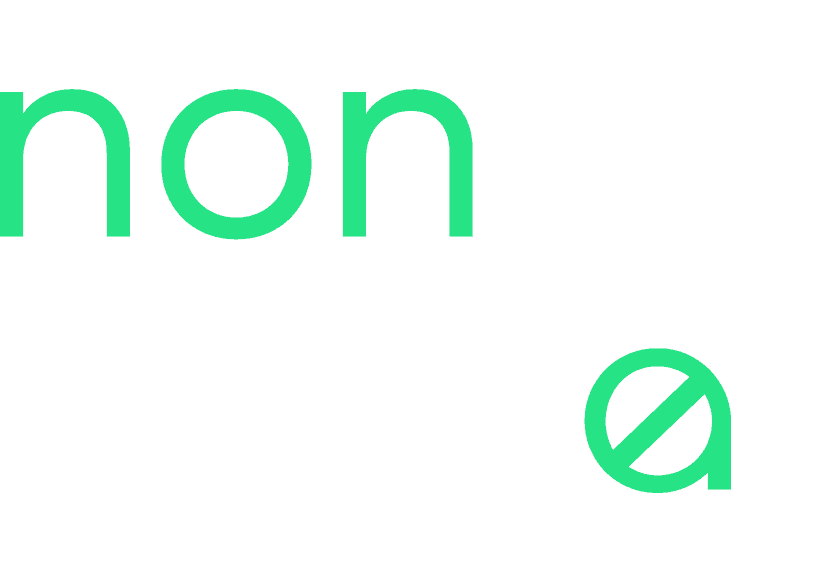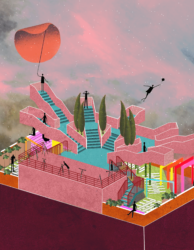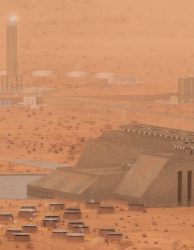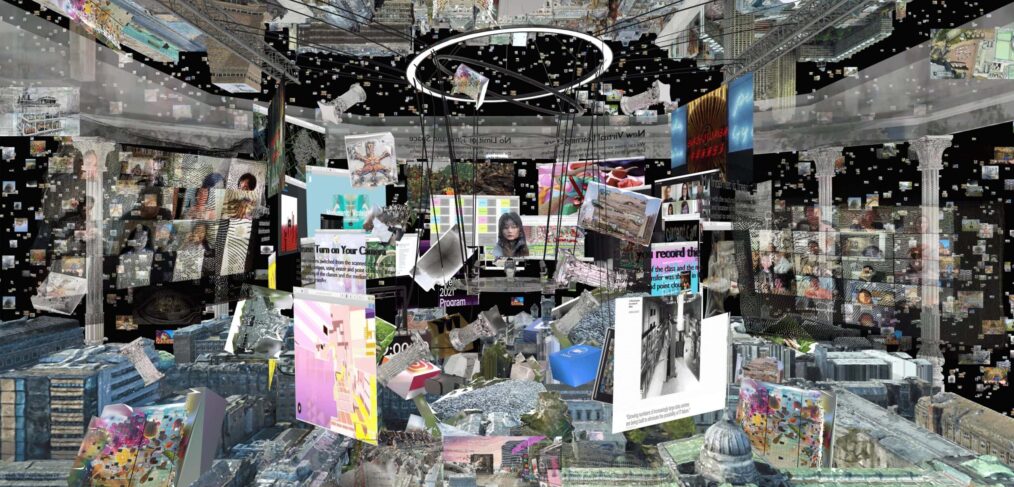
Hyper-Learning and Unlearning: Compression Excursions on Media Ecologies
Author names: Xinyue Zhang, Yue Hua, Anqi Wang, Jindi Jia
Instagram account: @sylviabrick
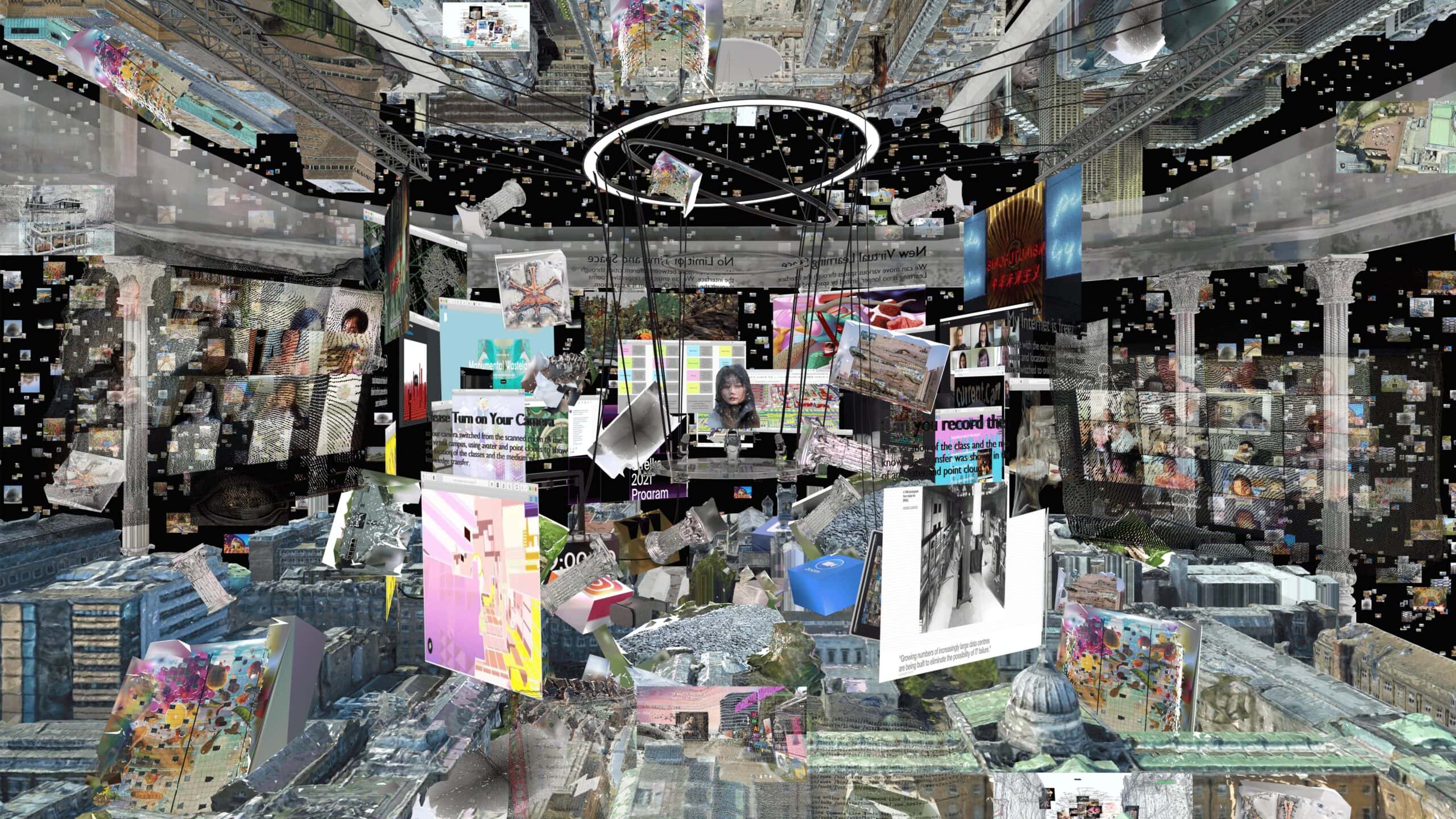
We all face an uncertain future: First is the disillusion of utopia. The uncertainty of the future is not in the clear planning of rational control, and the utopian imagination of traditional architecture has no place to rely on. However, the author believes that we should still believe in the power of creation and design to create a better future. The second is the disintegration of the community and the instability of the pattern. Although the links between modern people are more developed, the aspirations of the community are weaker. Will we return to the Cold War mentality? As a traditional discipline, architecture has utopian enthusiasm and the desire to build a community, but the classical education model has been impacted by the Internet. We will face the challenges of how to express the understanding and care of reality, how to face the different transformation in different places, how to update the innovation and concept, and how to create new creativity. The main thrust of the project Hyper-Learning and Unlearning is to reflect architectural thought, education and practice: Where is architecture going?
The bartlett school of architecture student Xinyue Zhang, Yue Hua, Anqi Wang&Jindi Jia explores the intersection between urban design and media ecologies. Looking into the impact of communication and information technologies on the environments we inhabit. The concept of media ecology was devised by Marshall McLuhan in the 1960s,and proposed that media is an extension of human capacities. McLuhan argued that media, more than its content, impacts how societies and cultures develop. 60 years and several digital revolutions later. Our environments have become saturated with digital technologies.
The discourse on media ecologies has emancipated from its human- centered origins to include more-than human agencies. Through recent developments in the fields of media theory, media archaeology and media geology, media technologies can be described as material, in addition to technological and cultural formations. In this extended.
Project description:

The pervasive impact of digital technologies in all aspects of society requires us to rethink notions of knowledge and learning. The current pandemic and the forced shift to online teaching are just the latest example of an ongoing trend of digitizing learning, through online classrooms, MOOCs, video, and interactive tutorials… Digital technologies are not only affecting how we learn, but also what we need to learn, and what is doing the learning. With constant and instant access to information, traditional ways of learning focused on reproducing information are no longer valid. Furthermore, technology is increasingly learning about us, tailoring information to our personal needs based on prior behavior.
The project reflects on the impact of media ecologies on the blurring of digital and material learning environments, questioning the role of educational institutions and infrastructures. By including machine learning, the project speculates on the role of platforms, mixed reality applications, gamification, and questions what skills we must (un)learn as humans navigating Compressed City. Our project explores the blurring of digital and material learning environments in a media-saturated environment: hyper-learning & unlearning. Using architectural education as a case study, it proposes an augmented reality learning system distributed within the city. This system questions the role of the institutions and formalized architectural education as gatekeepers of knowledge on urban design and architecture and proposes to use media technology and data to enable a more open relationship with city and public.


Our project is to discuss a new learning model under the intervention of media technology in a media-saturated environment: hyper-learning & unlearning. I have designed an augmented reality learning system in the city, which is based on geographic positioning.
In the post-pandemic era, we are shifting from physical learning to virtual learning. This huge impact prompted me to reflect on traditional learning methods and spaces. With the emergence of new media, learning methods and the state of people gradually changed from physical to virtual. The jump between virtual space and physical space combines virtual and reality, which forms a new city connected by hyperlink and broadband.

The meaning of unlearning is that learning today is no longer limited to human alone. Algorithms can simulate human intelligence, using more efficient way to assist human learning.

We will selectively memorize more valuable knowledge, and the rest will be learned, computed, and archived by computers rather than human.
Therefore, human-computer interactive learning and alternative learning is how the future will look like. So how can we achieve a smarter and more efficient learning system?

We based this on the example of a memory palace – placing trivial information in your mind in different places in the real city to promote people memorising very quickly-to correspond the geographical location to the augmented scene.
The digital memory palace is a hypermedia system in the city. In brief, the hypermedia of this emerging learning system is divided into three steps: the first step enables the search of content; the second step is the filtering of the content for the user; and finally, the presentation of the interface.

This is a new type of narrative structure in a city with geographic positioning function.
For users, everyone can add their own footage of learning information to the city’s original information, that they can choose to share publicly in this urban community. At the same time this kind of information become part of the environment where other users can download and learn.

The project takes the broad sense of architecture as the design of presentational content, such as architectural practice and competition. It is based on our architectural learning experience.


Based on hypermedia’s city strategy, we analysed Pokémon Go and Mooc, combining them together to create a gamified learning scenario.


For example, the interface, experience process and content, summed up the game learning mechanism based on the positioning system.

It is divided into three major sections: communication, learning library and shop, and this serves as the basis for specific scenarios.

When a user enters learning area, all knowledge content will be transformed into different formats according to user preferences, specific scenarios, and events. The five different medias tend to transform into higher-dimensional experience media.
Finally, we designed the interface workflow in these scenarios, that is, how users interact with the interface step by step, and then follow the system instructions to complete the pre-set learning content.

The project was developed within the context of UCL Bartlett under the supervision of Corneel Cannaerts, Michiel Helbig, Joris Putteneer, Provides NG, James Melsom, Sam Lavigne.
